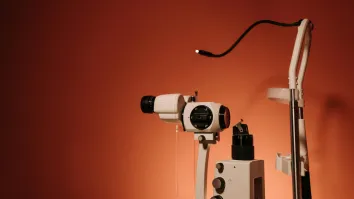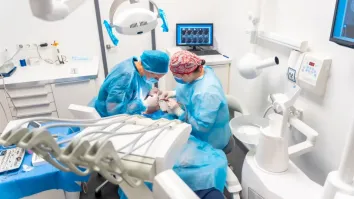
Sino Biopharma records $1,852m revenue in H1
Earnings per share were 5.2% higher than that of the same period last year.
Chinese pharmaceutical conglomerate Sino Biopharmaceutical Limited (Sino Biopharma) has recorded a total revenue of $1,852.32m from January to June, which was 1% higher than the total revenue of H1 2019. Profit attributable to the owners of the parent was approximately $177.65m – 16% lower than that of the same period last year.
The decrease was mainly impacted by the non-cash fair value loss of and effective interest expenses from the $886.69m zero coupon convertible bonds due 2025 that the group issued in February 2020. Excluding the impact of amortisation expenses of new identifiable intangible assets arising from the acquisition of 24% interests in Beijing Tide (net of related deferred tax and non-controlling interests), the unrealised fair value losses (net) on equity investments and financials assets, fair value loss of convertible bond embedded derivative component and effective interest expenses of convertible bond debt component, underlying profit was approximately $257.90m, approximately 5.2% higher than that of the same period last year.
Based on underlying profit, the earnings per share were approximately 2.05 cents. The group claimed to maintain a strong financial position with cash and bank balances reaching approximately $2,503m at the period end.
Sino Biopharma has attributed their interim results mainly to the implementation of the prices in the National Reimbursement Drug List and the centralised drug procurement policy. The sales of oncology medicines made up the most portion of the group’s revenue (31.8%) whilst hepatitis (17.8%), orthopedic (8%), anti-infectious medicines (6%), and respiratory system medicines (4.7%), all had their fair shares, the press release added.



















 Advertise
Advertise





